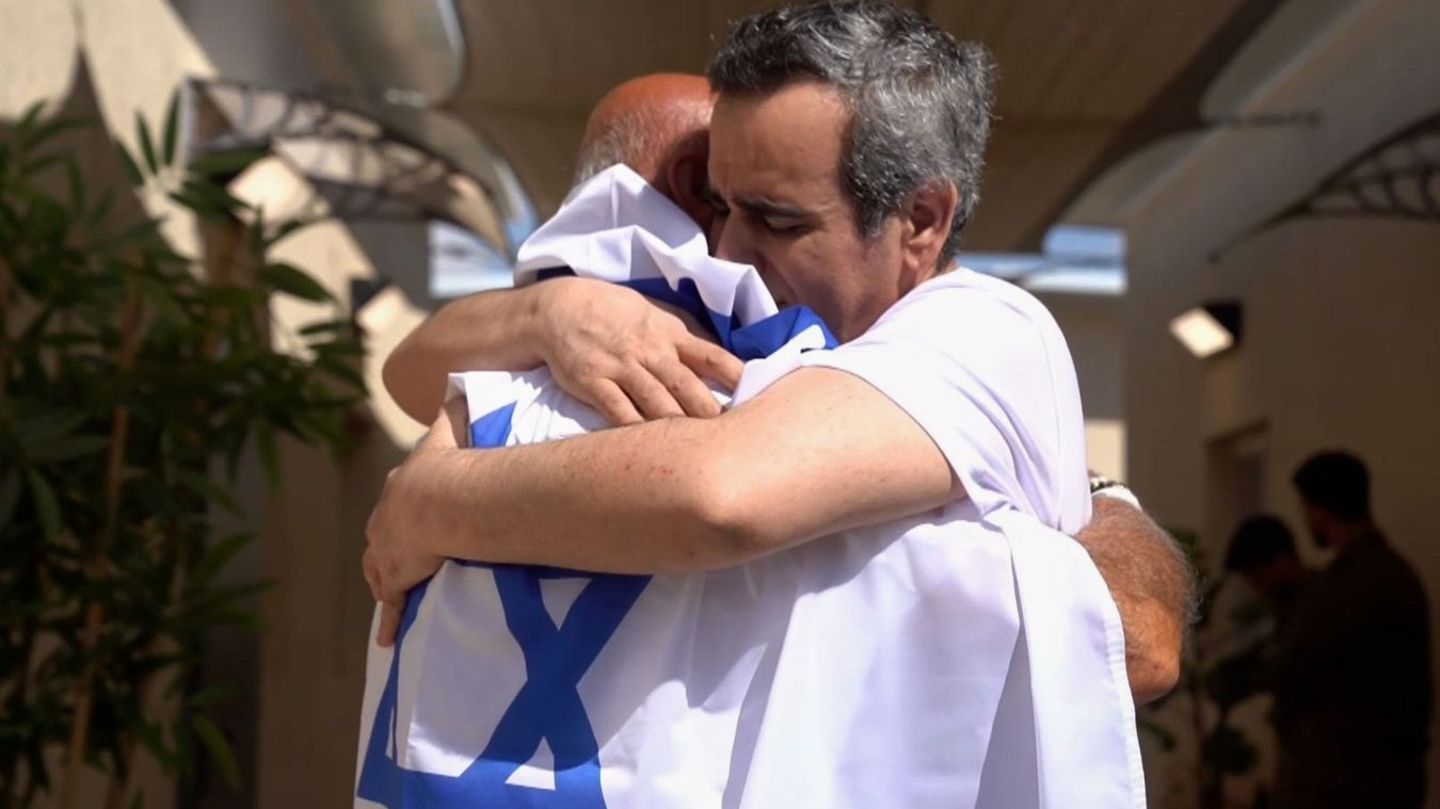In Colombia, the Foreign Minister has identified a partner in the energy and climate sectors. The country is still a major exporter of coal – that should change in the future.
Foreign Minister Annalena Baerbock campaigned in Colombia for a closer partnership with the fourth-largest Latin American country in the energy and climate sectors. “Colombia has enormous potential to become a heavyweight in renewables and green hydrogen,” said the Green politician on Thursday after a meeting with Colombian Vice President Francia Márquez in the city of Cali.
Baerbock also underlined common goals, for example in value- and order-oriented foreign policy, the condemnation of the Russian war of aggression in Ukraine or the commitment to a feminist foreign policy. “Germany and Colombia also share a belief in our common values and international cooperation,” said Baerbock. “We are united by the conviction that the world needs an order based on rules and international solidarity.”
Baerbock also emphasized the similarities in feminist foreign policy. For example, in her year and a half as foreign minister, she had never sat opposite an all-female delegation like she did in Cali. “There can be no stable peace without the participation of women and marginalized groups,” said Baerbock. “Without peace, there can be no climate protection. Without climate protection, there can be no adequate economic and sustainable development.”
Shared Values
In connection with a possible closer cooperation in the raw materials sector, Baerbock said with regard to Colombia, “Countries that not only have raw materials that we urgently need for the energy transition or for other areas, but also share our values would be ideal here”. The Colombian government of President Gustavo Petro wants to further expand renewable energies. Colombia is interested in the production, use and export of green hydrogen.
Márquez thanked Germany for its commitment to the peace negotiations in a country ravaged by decades of civil war. She praised the joint commitment to equality and stated that Colombia hopes that the planned joint agreement on the energy transition can be concluded as soon as possible.
Plans to move away from fossil fuels in both countries
Both Baerbock and Márquez stressed the importance of the planned phase-out of coal in both countries. The German phase-out of coal and the Colombian agenda with regard to fossil fuels fit together very well, said Baerbock. Colombia is one of Germany’s priority countries for its international climate protection initiatives. This strategically important moment must be used
Germany still gets a lot of coal from Colombia
After Russia, the USA and Australia, Colombia was the fourth most important country of origin for hard coal in Germany in 2022 with a share of 16 percent. In view of the sanctions against Russia because of the war of aggression in Ukraine, Federal Chancellor Olaf Scholz (SPD) was investigating last year whether Colombia could increase coal exports and thus strengthen energy security in Germany.
Coal is an important export product for Colombia. Exports rose again in the first quarter of 2023 by 10.6 percent compared to the same period last year. However, coal mining in Colombia is very controversial, President Petro wants to curb the exploitation of fossil raw materials. Around the largest hard coal opencast mine in Latin America, the El Cerrejón mine in north-eastern Colombia, residents repeatedly complain about devastating environmental damage and massive human rights violations by armed groups.
Francia Márquez – Human rights activist and environmentalist
Baerbock Márquez later wanted to present the prize for women’s rights and democracy from the German-Latin American-Caribbean women’s network “Unidas” (German: “United”). The 41-year-old is Colombia’s first black woman vice president. She receives the award for her commitment to women’s and Afro-Colombian rights and the fight against illegal mining. The human rights activist and environmentalist fought against illegal gold prospectors. In 2018 she received the prestigious Goldman Prize for her commitment.
Source: Stern
I have been working in the news industry for over 6 years, first as a reporter and now as an editor. I have covered politics extensively, and my work has appeared in major newspapers and online news outlets around the world. In addition to my writing, I also contribute regularly to 24 Hours World.




